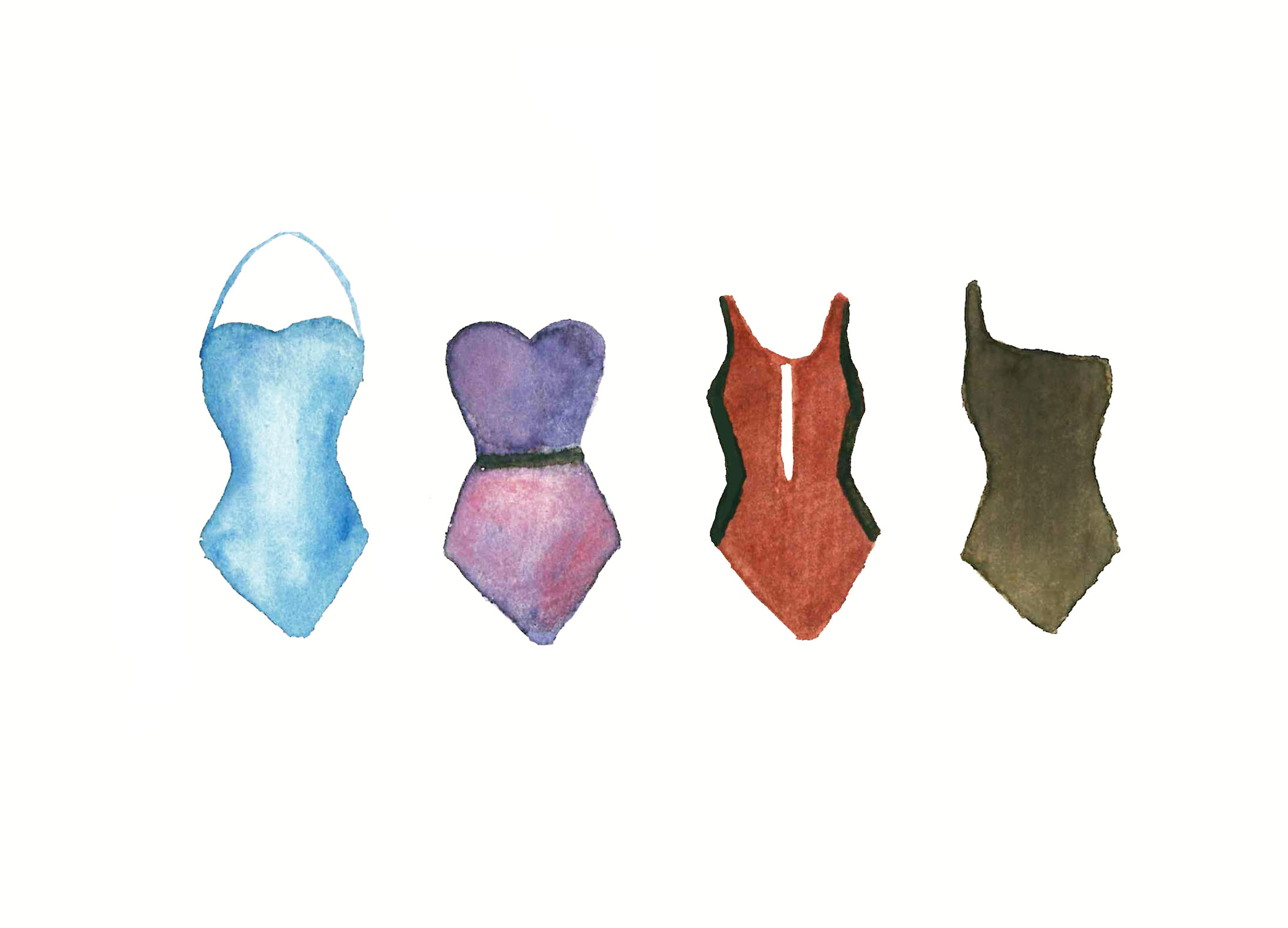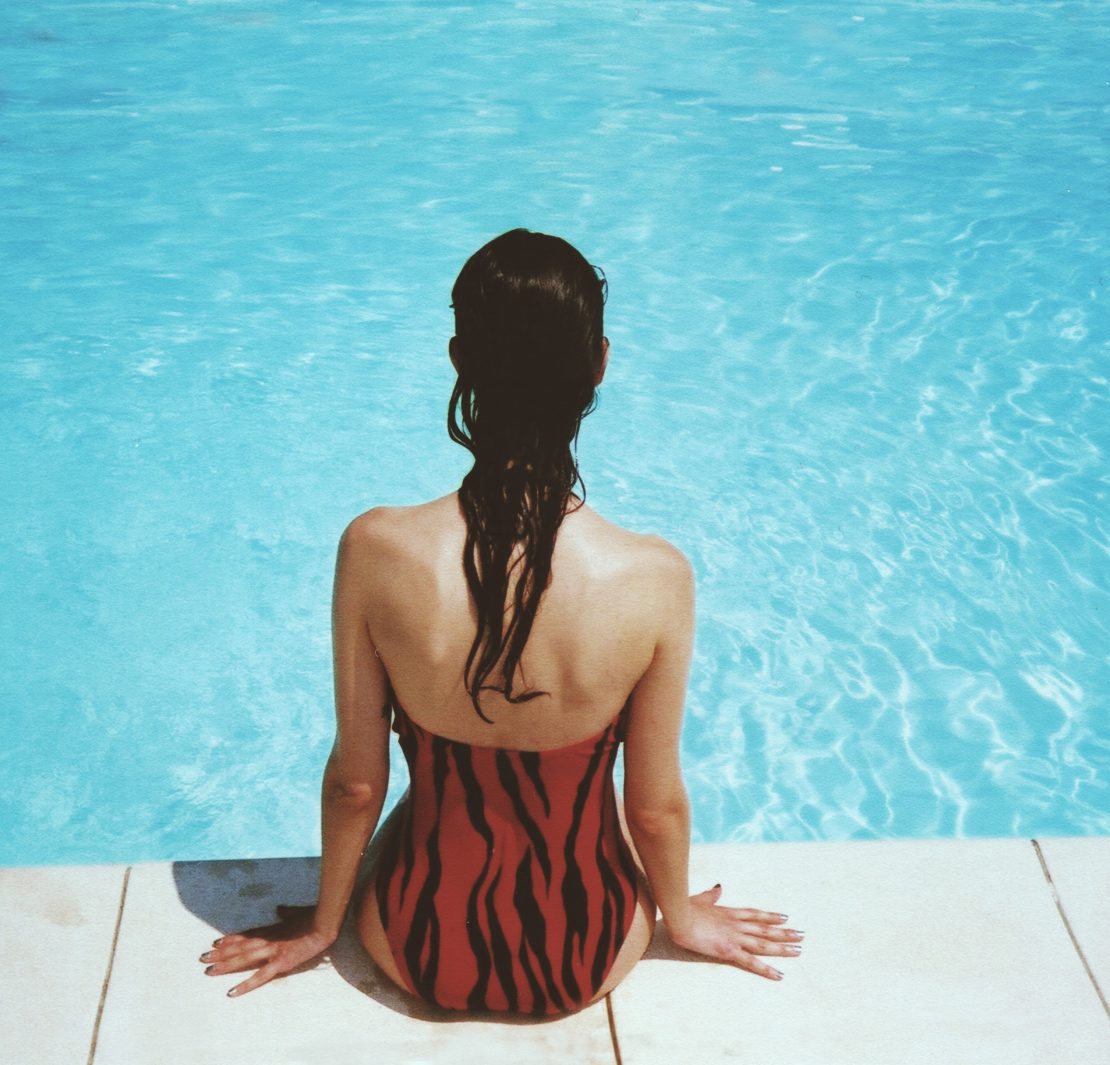Two-piece bathing suits, or what we well know as the bikini, may still dominate the island scene today, but with last year’s rise of the #hubadera trend, showing off skin may already have reached its saturation point. When it comes to beauty and style, the return to modesty is beginning to look like a wise choice.
 It seems quite appropriate that with this conservative resurgence, the one-piece swimsuit is making a slow comeback. But will it be a hit as it was during its heydays before the ’40s? During that time, women could only wear a one-piece; if they were going to wear two-piece suits, they would still look modest, exposing only their mid-section in the slightest way possible. The belly button was always covered in those days. A century before that, women wore a kind of voluminous bathing attire and used this sort of transportation hut, which they called bath machines. Women would get inside the bath machine to change into their bathing attire, and this machine would transport women (by horse or by a group of people) to the shoreline. Women would just go straight into the water, and no man would ever see them in their bathing attire.
It seems quite appropriate that with this conservative resurgence, the one-piece swimsuit is making a slow comeback. But will it be a hit as it was during its heydays before the ’40s? During that time, women could only wear a one-piece; if they were going to wear two-piece suits, they would still look modest, exposing only their mid-section in the slightest way possible. The belly button was always covered in those days. A century before that, women wore a kind of voluminous bathing attire and used this sort of transportation hut, which they called bath machines. Women would get inside the bath machine to change into their bathing attire, and this machine would transport women (by horse or by a group of people) to the shoreline. Women would just go straight into the water, and no man would ever see them in their bathing attire.
At this point, though, culture is still very far from coming into full circle with the past. But the return of the one-piece could be the start: when it comes to swimsuits, less is no longer looking to be more. A lot of younger girls may disagree, thinking of the one-piece as something only their grandmothers would approve of, but this kind of swimwear actually gives power back to the woman. The spotlight is no longer on the body and skin itself but on the image of the woman.
Truth be told, the one-piece could be a woman’s dignifying power suit at the beach—with only a sliver of decolletage showing. As this swimwear slowly goes back into the limelight, it also shows that when it comes to beauty and style, going back to what is modest and conservative could be more progressive than we think.
Writer: BEVERLY DALTON
ILLUSTRATION DANICA CONDEZ




